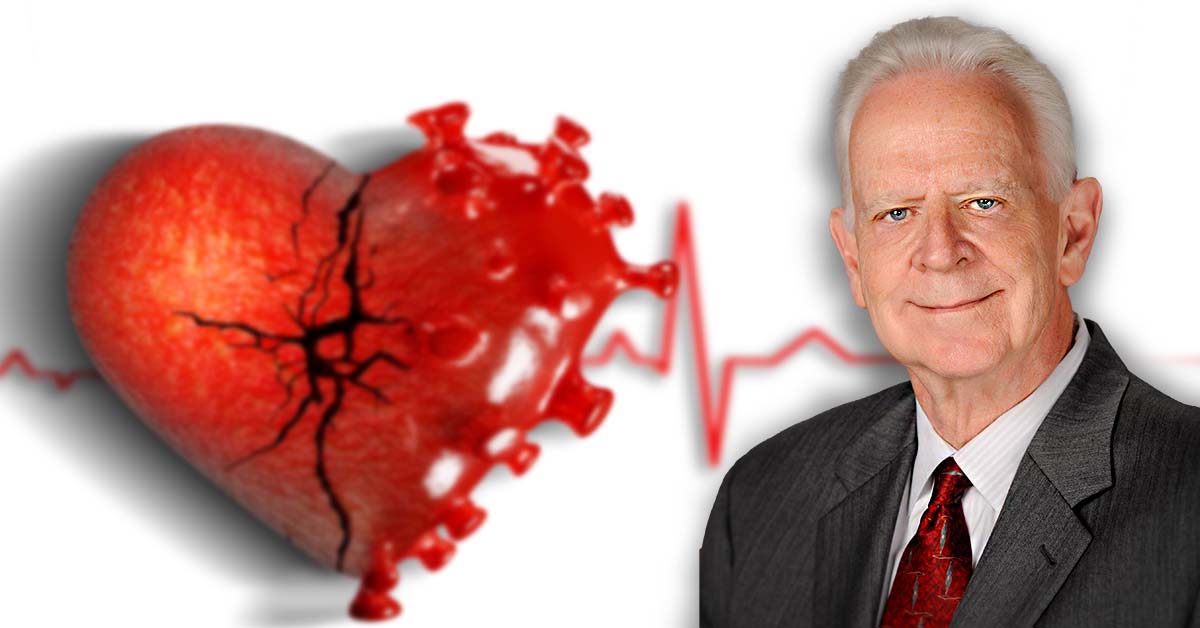
Control your stress and anxiety or you might risk breaking your heart. Literally.
That’s advice from Dr. Francis Wolf, a cardiologist with Aurora BayCare Cardiology. He offered the advice in the wake of recent news suggesting that broken heart syndrome, a heart ailment, is on the rise in the United States.
“It’s actually become quite common,” Wolf says. “I would say, in an average month I probably see two or three cases or come across two or three patients on whom I’ve been asked to consult, who have presented with this problem.”
So, what is broken heart syndrome?
Also known as stress-induced cardiomyopathy, broken heart syndrome can present mimicking a heart attack. Stressful events, such as the death of a loved one or being in a serious automobile accident, can trigger this condition. Symptoms include chest pain and shortness of breath.
Diagnosing the condition poses a challenge, especially amid the COVID-19 pandemic.
“Many times, people that have COVID-19 and get into the health care system, particularly if they’re having significant problems with shortness of breath, wind up getting an echocardiogram,” Wolf says.
The echocardiogram can help to identify the cause of the respiratory symptoms in an acutely ill patient.
“It comes down to the (echocardiogram) differentiating those people who have primary lung issues versus those who have the classic stress-cardiomyopathy or broken heart syndrome,” Wolf says.
Broken heart syndrome affects women significantly more than men. A study published in October 2021 analyzed 135,463 cases of broken heart syndrome. According to the study, about 88 percent of all cases were in women, particularly middle-aged and older women.
“It’s very, very common in women and there seems to be a tendency of it occurring in people that have an underlying anxiety disorder,” he says.
But don’t stress over it, Wolf says. Broken heart syndrome can be managed.
“Beta blockers are really an important part of the treatment of this type of syndrome,” he says. “We think (broken heart syndrome) is related to extremely high adrenaline surges and beta blockers have the ability to protect your heart from these high levels of adrenaline.”
In theory, broken heart syndrome can be avoided, Wolf says.
“Be calm,” he says, adding, it’s vital that people practice stress management.
“I think there are many things that can be used to help manage the stress in your life,” he says. “Behavioral modification, doing certain types of activities that can help you to relax and deal less adversely with things that are going on around you, yoga, many different things that we can use to manage the stress in our lives.”
What does Wolf do to manage his stress and reduce the likelihood of experiencing broken heart syndrome firsthand?
“I’ve learned throughout my life that it’s important to define those things that you have the ability to change that might be causing you stress and deal with them,” he says. “Stress related to those aspects of your life which you cannot control or change need to be put down, at times of course, easier said than done.”
“Enjoy life and do not let it ‘break your heart’.”